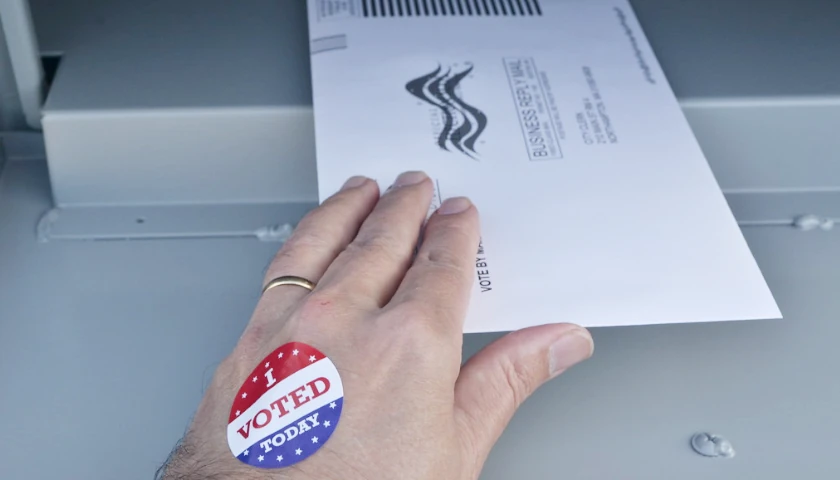by Scott McClallen
Two of the state’s wealthiest families are seeking nearly $800 million from taxpayers for a brownfield program, tax abatement, and affordable housing for 10 Detroit developments.
The subsidies sought by the Illitch and Ross families include the following:
- $616 million from the state’s “transformational brownfield plans” program. The incentive would be reimbursed over 35 years.
- $133 million in property tax abatements.
- $48 million from a loan program through the Downtown Development Authority, to offer discounted rents for lower-income Detroiters.
A Detroit Economic Growth Corporation press release says that the 10 projects are expected to generate $751 million in new city tax revenue over 35 years and another $1 billion for the state. Other taxing authorities would receive $394 million.
“Incentives are only recommended for approval after a thorough financial review and a determination that project would not be able to proceed without that form of public support,” DEGC executive vice president of economic development Kenyetta Hairston-Bridges said in the release. “The developer receives nothing upfront and must put up the upfront costs of their development themselves. Ultimately, these incentives are discounts on the future taxes they’d be paying on these developments, which will generate far more revenue than the value of the incentives.”
The families pitched a $1.5 billion plan to develop properties on Woodward, including new building housing office space, retail, hotels, and mixed-income housing. More information is here.
The DDA board will vote on the $23.7 million of funding for three mixed-income residential projects to be developed by the Related Companies and Olympia Development of Michigan.
Those projects would deliver 139 units of affordable housing at 50% Area Median Income. Providing units at 50% AMI means that an individual living in one of the units would pay about $850 in monthly rent when the market rate is closer to $2,400.
“We have a clear vision to create a city, including our downtown, where Detroiters of all income levels can afford to live side by side in the same buildings as people of much higher income,” Mayor Mike Duggan said. “This new fund gives us the ability to make downtown living accessible to Detroiters of all income levels.”
The DDA program would require developments where at least 20% of the residential units will be reserved for households making between 50% and 70% of the AMI. That translates to a household income between $31,350 and $43,890 for an individual or $44,750 and $62,650 for a family of four.
The new incentive would apply only to developments in the DDA’s downtown development area that offer rents for residents earning incomes below that level. Loan eligibility requires the development to be a multi-unit residential development within the DDA footprint that will include at least 10 affordable housing units. It must also reserve at least 20% of units for residents earning between 50% and 70% of AMI.
The maximum loan amount would be $200,000 per affordable unit, determined on a sliding scale, with larger loans offered to developments that make units available to residents of lower income levels.
The DDA’s new loan parameters are a pathway to having portions of the loan forgiven based upon occupancy in the affordable units by existing Detroit residents.
Julie Schneider, director of the city’s Department of Housing & Revitalization, welcomed the news.
“This new tool means that we can create more deeply affordable housing units than we could without it because we won’t have to use some of our more traditional tools, such as low-income housing tax credits and various HUD funds, for downtown projects,” Schneider said.
– – –
Scott McClallen is a staff writer covering Michigan and Minnesota for The Center Square. A graduate of Hillsdale College, his work has appeared on Forbes.com and FEE.org. Previously, he worked as a financial analyst at Pepsi.
Photo “Detroit, Michigan” by A Healthier Michigan. CC BY-SA 2.0.





